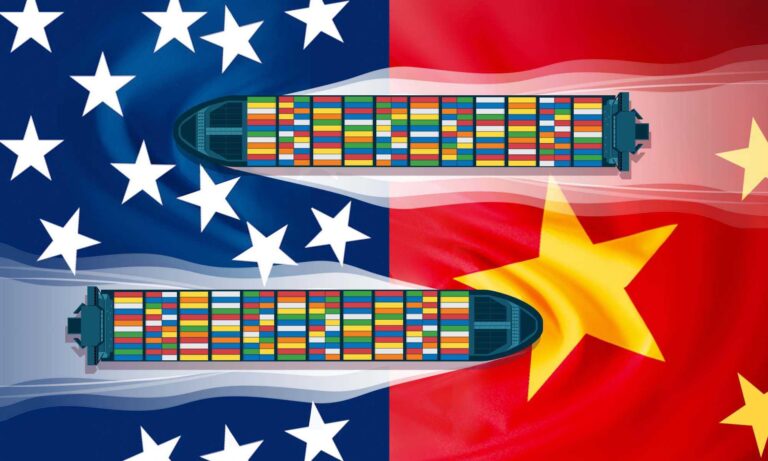Introduction to the US-China Trade War
The ongoing trade war between the United States and China has far-reaching impacts on global trade dynamics. Indonesia, as a significant player in Southeast Asia, experiences both challenges and opportunities as a result of this conflict.
The Economic Landscape of Indonesia
Indonesia’s economy is heavily reliant on exports, making it vulnerable to shifts in global trade policies. As countries reevaluate their trade partnerships in the wake of the trade war, Indonesia’s trade dynamics are undergoing substantial change.
Increased Export Opportunities
Due to tariffs imposed on Chinese goods by the United States, there has been a surge in demand for Indonesian products. As a result, many American companies are now looking to Indonesia for alternative supply chains.
Challenges in Foreign Investment
The uncertainty caused by the trade war has led to a cautious approach toward foreign investments in Indonesia. While some sectors may see growth, others are facing struggles as international companies weigh their options amidst the tensions.
Impact on Small and Medium Enterprises
Small and medium-sized enterprises (SMEs) in Indonesia are particularly affected by the volatility in trade relations. Many SMEs rely on imported raw materials from either the U.S. or China, making them susceptible to price increases and supply chain disruptions.
Strategies for Navigating Trade Turbulence
To thrive in a changing trade environment, Indonesian businesses must adapt their strategies. This includes diversifying their markets and exploring new trade agreements to mitigate risks associated with reliance on a single economy.
Exploring New Trade Partnerships
Indonesia is leveraging its position to strengthen economic ties with other nations, such as Australia and Japan. By fostering these relationships, Indonesia aims to buffer the negative effects of the US-China trade war.
Policy Adjustments and Government Support
The Indonesian government is actively working on policies to support affected sectors and ensure economic stability. Initiatives include providing financial assistance and creating favorable conditions for local businesses to thrive in the face of global challenges.
Conclusion
the US-China trade war undeniably shapes Indonesia’s trade landscape. While presenting both challenges and opportunities, the future will depend on how effectively Indonesia navigates this complex global environment. For more information on trade issues in Indonesia, visit this link.

